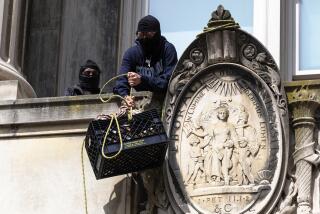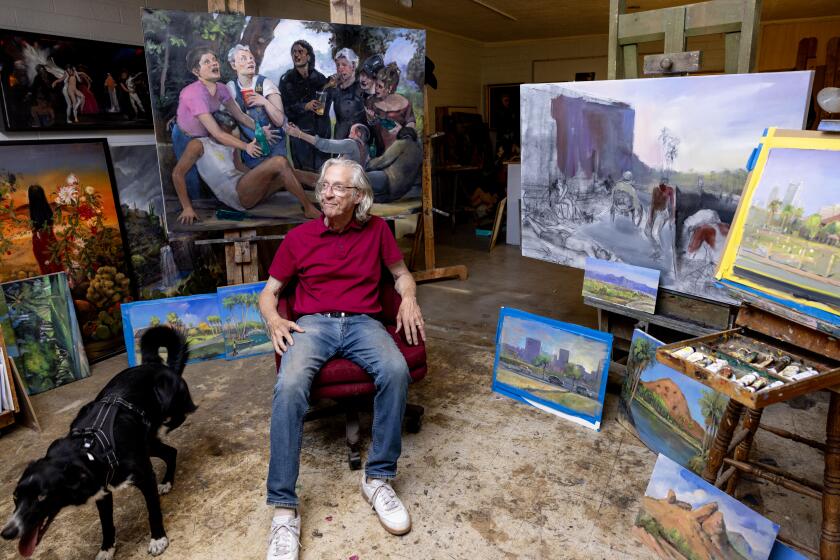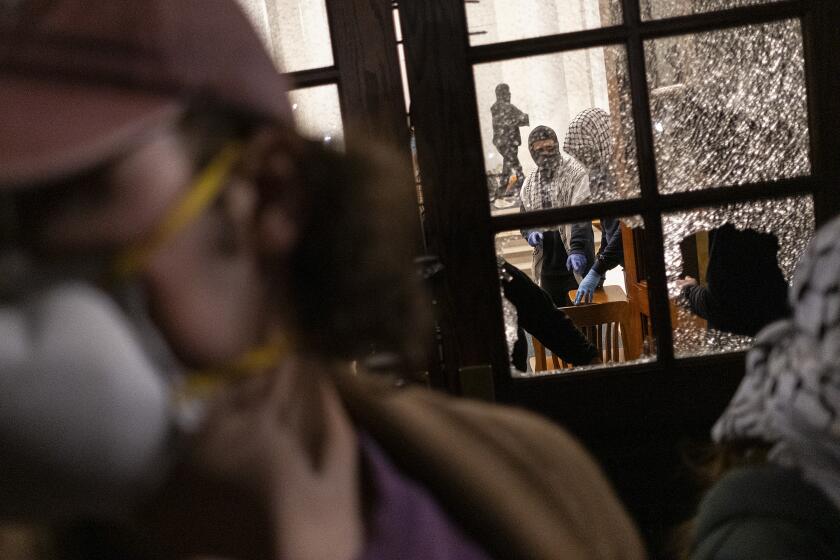Jury: Diana death no mystery
More than 10 years after the crash, the verdict a coroner’s jury returned Monday was surprising only in its failure to say much that everyone didn’t already know: Princess Diana and her lover, Dodi Fayed, died because they were being driven under hot pursuit at high speed by a drunk driver.
In a case that might finally end the never-ending speculation over Diana’s death in 1997, the six-month inquest, which heard testimony from 278 witnesses, dismissed conspiracies of a murder and coverup by the royal family, mysterious cars, butlers who keep secrets. The unlucky couple were victims of the “grossly negligent” driving of their driver and their pursuers, the jury concluded.
The verdict has more to do with putting lingering suspicion to rest than opening a new front in the case. The coroner’s ruling has no legal force in France, where the crash occurred.
The ruling of gross negligence, equivalent to the standard that might be used for manslaughter in a criminal case, goes a big step beyond earlier police investigations, which concluded that the former Princess of Wales’ death was an accident.
Yet even before the jury commenced its 3 1/2 days of deliberations, the coroner, Lord Justice Scott Baker, had concluded there was “not a shred” of evidence that the couple had been murdered.
This was a stiff rebuke to 10 years of efforts by Egyptian-born businessman Mohamed Fayed, Dodi’s father, to prove that the royal family and British intelligence services had engineered the crash because Diana was pregnant by his son and the British establishment could not bear to see her give birth to a Muslim’s child.
There was no evidence unearthed during the inquest that Diana was pregnant and no evidence that she had been given an engagement ring, despite months of intense scrutiny into the most minute details of her love life.
One of the few startling revelations of the inquest was a series of letters between Diana and her former father-in-law, Prince Philip, in which the gruff and often outrageous husband of Queen Elizabeth II expresses an affectionate concern for Diana’s well-being. The now 86-year-old prince signed them, “With fondest love, Pa.”
The inquest has consumed a city that had appeared determined to put its obsession with Diana to rest. Throughout the day Monday, TV channels again were filled with images of the princess and re-creations of her final, high-speed ride in a Mercedes through the Pont d’Alma tunnel in Paris.
In the end, nine of the 11 jurors found, the case was exactly what it appeared to be: Evidence showed that Henri Paul, the deputy director of security at the elder Fayed’s Ritz Hotel, was driving the couple at twice the speed limit and had three times the legal blood-alcohol limit when the crash occurred.
The “speed and manner of driving” of the “following vehicles,” which most have taken to mean the paparazzi who were chasing the Mercedes at high speed, also were factors. All but one of the photographers, who are in France and not answerable to a British coroner’s summons, refused to testify.
Fayed, not surprisingly, has seen more to it than meets other eyes.
In a statement read on the courthouse steps by his spokeswoman, Fayed acknowledged that the verdict “will come as a blow to the many millions of people around the world who supported my struggle” but insisted he was partially vindicated. “The jury [members] have found that it wasn’t just the paparazzi that caused the crash, but unidentified following vehicles. Who they are and what they were doing in Paris is still a mystery,” he said.
The businessman said it was “shocking” French police, top officials, paparazzi and pathologists had refused to give evidence, and he again pointed a finger at the royal family.
“I’ve always believed that Prince Philip and the queen hold valuable evidence that only they know,” he said. “They were not questioned, and they should have been.”
But Paul Stephenson, deputy commissioner of the Metropolitan Police, said it was time to draw the $16-million investigation to a close.
“This has been the most extraordinary process of unprecedented disclosure and intrusion into what is normally matters of private grief,” he said after the ruling. “I think we now have to stop and reflect upon the clear verdict and wish and hope that this now brings some sort of closure to this matter,” he said, “so people can go back to grieving in private, and remembering in private.”
--
More to Read
Start your day right
Sign up for Essential California for news, features and recommendations from the L.A. Times and beyond in your inbox six days a week.
You may occasionally receive promotional content from the Los Angeles Times.






